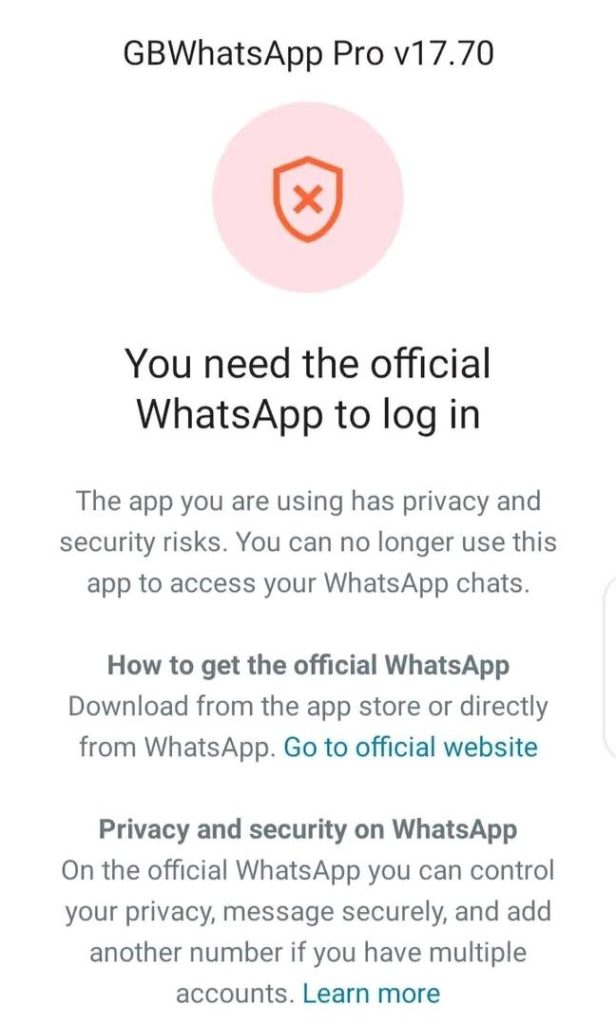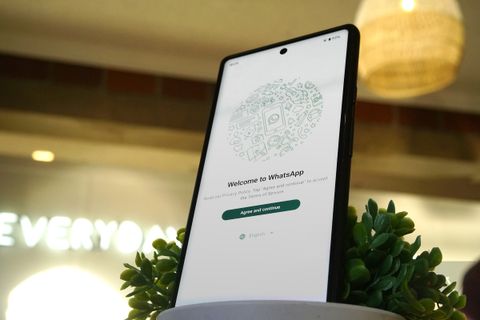The winds of change are sweeping through the WhatsApp universe, and it’s not just a new sticker pack this time. The messaging giant recently banned unofficial forks like GBWhatsApp, FMWhatsApp, and their ilk, sending shockwaves through the app’s vast user base.
But is this just a power play, or a genuine concern for user safety? Let’s delve into the murky waters of modded apps and see what’s bubbling to the surface.
Advertisement – Continue reading below
WhatsApp cites security and privacy concerns as the main reasons for the ban. These unofficial forks often operate outside the official app’s framework, meaning their code and practices are shrouded in mystery.
This lack of transparency raises red flags, as it’s impossible to know what data these apps might be collecting, storing, or sharing. Additionally, unofficial builds can harbor vulnerabilities that leave users susceptible to malware and hacking attempts.

Let’s be honest, there’s a reason why these unofficial forks have become so popular. They offer features that the official WhatsApp simply doesn’t, like message customization, enhanced privacy options, and even the ability to download other users’ statuses. For some, these functionalities are game-changers, offering a level of personalization and control that the stock app lacks.
The Price of Free Fries (and Features)
However, as the saying goes, there’s no such thing as a free lunch. While the features of these forks might be tempting, the potential security risks simply cannot be ignored. Using unvetted apps is like opening your door to a stranger blindfolded – you never know what might walk in. Remember, when it comes to your personal data and privacy, there’s no such thing as a small compromise.
Advertisement – Continue reading below
While the banhammer approach might seem harsh, it’s worth considering what WhatsApp can learn from these renegade forks. The fact that users are flocking to these alternatives suggests a demand for features that the official app doesn’t provide.
Perhaps WhatsApp should take a page out of the GBWhatsApp playbook and consider incorporating some of these popular functionalities into the official build. After all, innovation often thrives on healthy competition, even if it comes from the fringes.
The Bottom Line: Stick to the Official
The decision to ban unofficial forks might ruffle some feathers, but it ultimately stems from a desire to protect user safety and privacy. While the lure of extra features might be strong, the potential risks are simply too great to ignore.
Remember, when it comes to your personal data, it’s always better to play it safe. So, stick to the official WhatsApp build, and let’s hope the folks at WhatsApp take note of what users are craving in their next update. After all, a little healthy competition never hurt anyone, as long as everyone’s playing by the same rules.
